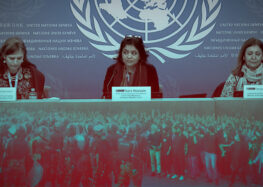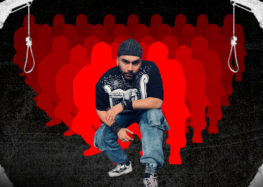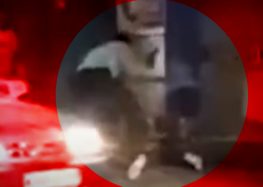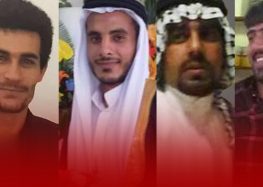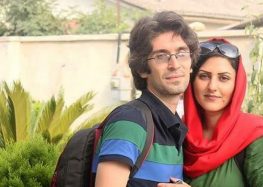Father of Two Shot and Killed in Karaj As He Stepped into Street During November Protests
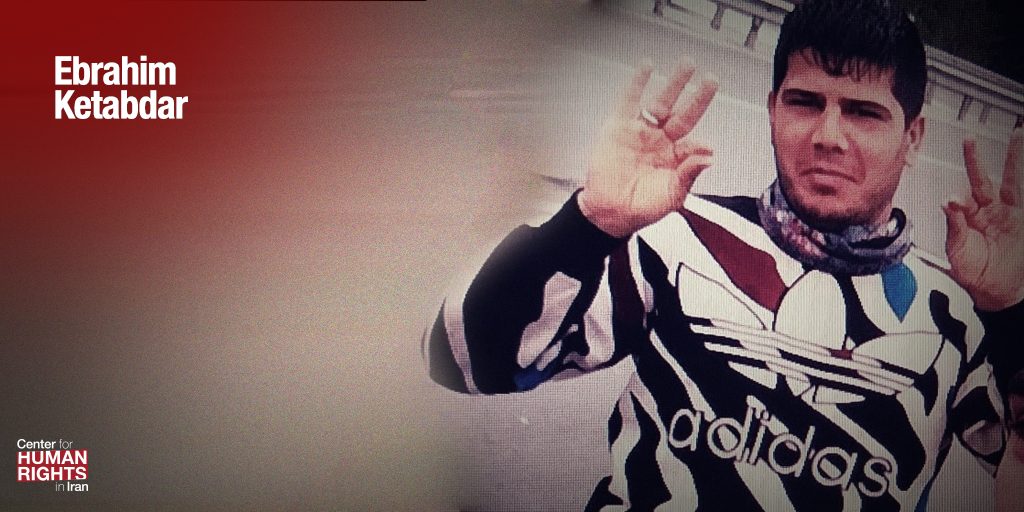 Growing Numbers of Bystanders Killed Reflects Security Forces’ Indiscriminate Firing at Civilians
Growing Numbers of Bystanders Killed Reflects Security Forces’ Indiscriminate Firing at Civilians
“God will not forgive this injustice…they were firing bullets and beating up the people”
A 30-year-old father of two children, Ebrahim Ketabdar, who was not involved in any of the November 2019 street protests, was shot in the heart and killed by security forces in the Mehdiabad district of Karaj, west of Tehran, on Saturday November 16, 2019, when he happened to step into the street, his mother Sakineh Ahmadi told the Center for Human Rights in Iran (CHRI).
His death certificate states that “a bullet struck his heart, absence of a fight,” she said.
“Ebrahim had gone to his shop. He was a businessman. He lived in our house with his wife and kids. I called him to come home for lunch. His father went to pick him up. But they shot a bullet through his heart as soon as he stepped out of his shop with his hands in his pocket. He wasn’t in the protests and had nothing to do with them and yet he was shot.
“Less than 10 minutes after I called Ebrahim for lunch, I got a call that he had been shot. I said, ‘What do you mean he’s been shot?’ We live in the Mehdiabad district of Karaj near the Ghezel Hessar Prison. It’s on the margins of the city and no one was causing any trouble. What was the reason for shooting my son? I don’t know who I should take to court.”
More than 300 people across the country were killed during the state’s violent crushing of the street protests that broke out across Iran in November 2019 after the government announced a steep increase in the price of gasoline (with some estimates many times higher than that number), and many bystanders were killed due to security forces’ indiscriminate firing of live ammunition into crowds of unarmed civilians.
Ahmadi continued: “They killed my innocent child. He was a unique boy. He was chivalrous. He didn’t do wrong to anyone or tolerate injustice. He didn’t bother or bully anyone. He was fearless. Now he’s gone…
“I hold his kids and go for walks and sing them lullabies. They are four and two-years old. His wife is 24. Now I don’t know how to comfort her for the killing of her husband and having orphaned children at such a young age. Who’s going to answer her grief?
“When they told me he had been shot, I ran into the street bare footed. God will not forgive this injustice. I saw there was an uproar in the street. They were firing bullets and beating up the people. Beating women. Beating everything around them.
“Ebrahim had been taken to Shariati Hospital. When I got there, I saw his lifeless body on the ceramic tiled floor. No one paid any attention. I threw myself on his body but they pulled me off and took him to the cold room.
“They handed over his body two days later. At first, they wouldn’t. We got it after a lot of begging and crying and praying. They had taken him to Behesht-e Sakineh Cemetery. I told them, ‘Now that you have killed my son, at least give me his body.’ Eventually they did and they didn’t take any money from us. But they did make Ebrahim’s father sign a pledge [of silence]. He’s old. They scared him. They said they would hand over the body on condition of silence.
“They said we should be thankful that they gave us his body. What for? He wasn’t in the protests and didn’t do anything wrong. He had not torched any building. But they torched our lives.
“I held memorial services for him every Thursday. But on the 40th day of his death, plain-clothed agents surrounded us at his grave in Behesht-e Sakineh Cemetery… I started to scream over his grave but the people didn’t respond. They were too scared. There were masked agents everywhere.
“I was incensed. People were too scared to show solidarity. I thought that on the 40th day of his death I would chant over his grave, ‘The people are with us!’ but the people have been intimidated.”
Asked about the authorities’ decision to call bystanders who were killed during the state’s violent crushing of the street protests “martyrs,” Ahmadi said, “Why are they calling my son a martyr? They killed my innocent son in front of his shop. I don’t want any blood money. I want his killer. They can kill me but I want his killer. I don’t want any blood money. I will sell my modest home and pay twice as much to find the killer. How would they feel if I merely touched their children? Would they tolerate it?
“A few days after Ebrahim was killed a few officials came to our house and talked with his father. My kids got upset. No one showed up after that but they threatened to beat up and arrest my kids… But I’m a mother and I will give my life for my son. I’m not afraid of anybody. They can’t scare me.”
Read this article in Persian


